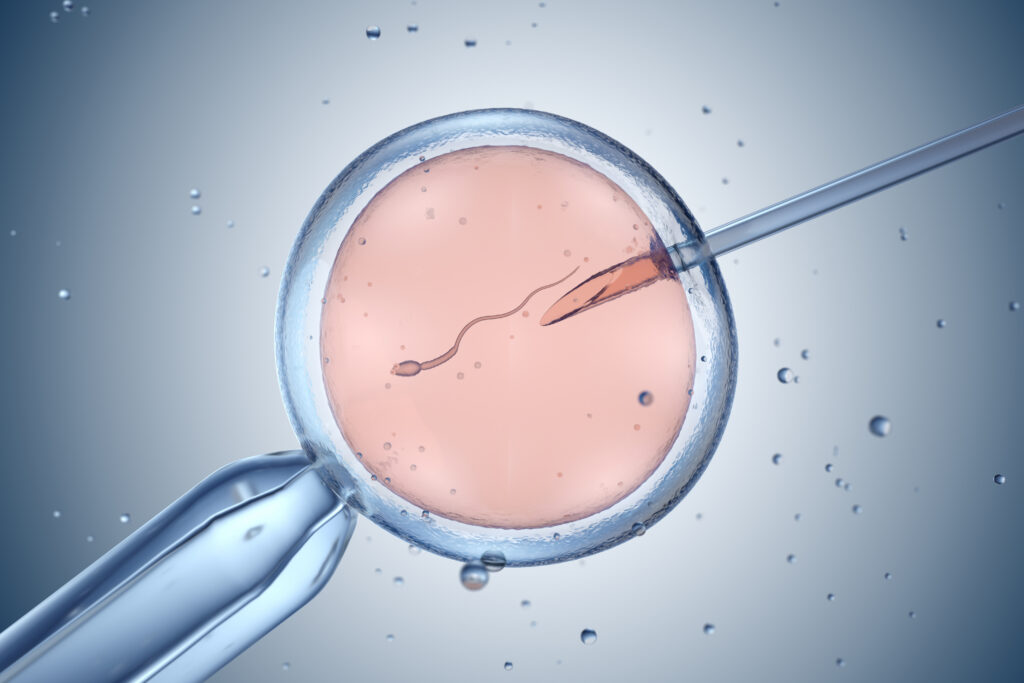Minnesota Court Rules in Favor of University’s Use of Aborted Fetal Tissue for Research


The Minnesota Court of Appeals has ruled in opposition of Pro-life Action Ministries, legally represented by Thomas More Society, which filed a lawsuit in 2016 against the University of Minnesota for its unlawful use of aborted human fetal tissue in research. Pro-life Action Ministries alleged that the University of Minnesota was procuring and using human fetal tissue from induced abortions for research, which it cannot do under statutory law. The lawsuit demanded that the University of Minnesota show how it had authority to implement its administrative policy for procuring and using human fetal tissue for research according to the limitations of Minnesota Statute § 145.1621.
Under Minnesota Statutes, section 145.1621, which became law in 1987, aborted fetal tissue remains could only be used for tests necessary for the health of a woman, her future children, or a criminal investigation of parentage. As such, the university violated state law, misused public funds, and was guilty of a misdemeanor by allowing research to occur on aborted human fetal tissue. On August 20, 2018, the state appellate court dismissed the lawsuit and denied Pro-life Action Ministries’ request to overturn the lower court’s decision, where the lawsuit was first dismissed in 2017.
Instead of acknowledging that this gruesome and illegal research had occurred at the university, the University of Minnesota argued that while the case was pending, they had updated policies and clarified the law by instituting oversight of fetal tissue research. However, this oversight was actually required by a recently-enacted 2017 law (Minnesota Statute 137.47) to create transparency, report fetal tissue experimentation, and cause researchers to scientifically examine their “need” for aborted baby parts.
Historically, the University of Minnesota has been scrutinized regarding the grisly practice of using aborted fetal tissue in research. In 2015, the university falsely stated that no research was being performed on aborted fetal tissue, and then later admitted it was indeed happening. About the same time, the state legislature also discovered that the University of Minnesota was disposing of aborted fetuses in a manner inconsistent with the intent of Minnesota law.
Representative Abigail Whelan introduced a bill (H.F. 2865) in 2016, which sought to withhold $14 million in future funding unless the University of Minnesota established an ethical fetal tissue research center, which would oversee all fetal tissue research at the university and be a central source for tissue procurement from babies that died only of natural causes. No fetal tissue from induced abortions could be procured and used for research at the university. The university was strongly opposed to such legislation. In the end, H.F. 2865 did not pass, but further legislative efforts resulted in the institution of new requirements for researchers at the University of Minnesota who wanted to use aborted human fetal tissue.
Now under Minnesota Statute 137.47, which went into effect on July 1, 2017, researchers requesting access to human aborted fetal tissue are required to apply for permission from the Fetal Tissue Research Committee (FTR) and justify their use of tissue from induced abortions prior to commencing any research studies. The law also requires that an annual report be submitted to the legislative committees with jurisdiction over higher education policy and finance, and health and human services policy and finance that details, among other things, all new or ongoing fetal tissue research proposals, the goals of these projects, and whether the human fetal tissue used is from abortion or not. The first mandated report to the Minnesota state legislature on human fetal tissue research at the university was released earlier this year (https://www.leg.state.mn.us/docs/2018/mandated/180086.pdf).
According to the report, four investigators at the university have applied for permission and been approved by the Fetal Research Committee to use aborted fetal tissue to research topics such as Zika infection and brain development. Curiously, there are clearly documented ethical alternatives available for this type of research, which calls into question the criteria used by the Fetal Research Committee (whose oversight is administered by the University of Minnesota) to demonstrate necessity for specifically using fetal tissue from induced abortions. According to the university report, none of these projects has resulted in publication or resulted in extramural funding from the National Institutes of Health (NIH).
In the end, the very legislative efforts that sought to make the university accountable, create transparency, and stop the use of aborted baby parts in research, were the language used by the university to defend itself against the Pro-life Action Ministries’ lawsuit. As reported by Life News, “[T]he University of Minnesota has found an unintended loophole…as justification for continuing its long-illegal experimentation on aborted fetal tissue.”
There is a great need within the scientific community for transparency, movement away from the gruesome practice of using aborted baby parts for research, and movement toward more advanced and ethical science that is leading to real cures, such as adult stem cells.
Dr. Tara Sander Lee, Ph.D. is an associate scholar of the Charlotte Lozier Institute.


























